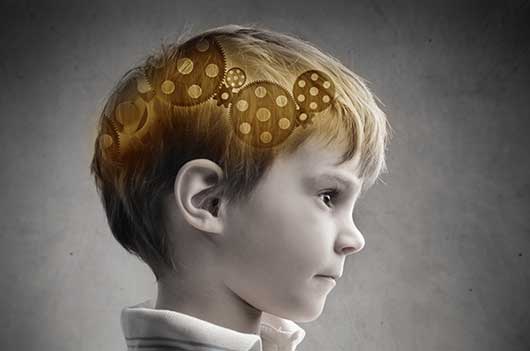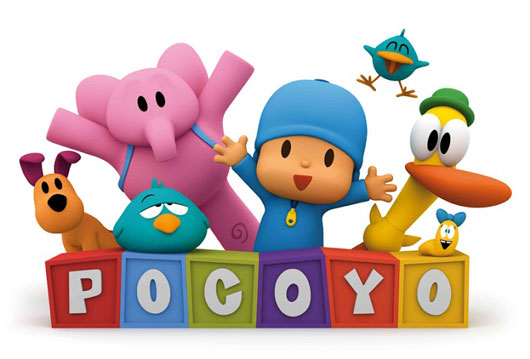
For all the advantages they have, bilingual kids—or their parents, perhaps—must contend with a lot of myths about their ability to speak two or more languages. Those of you who have read some of my writings—and I thank you—know that I am sold on language-learning and bilingualism, and that I never tire of expounding their benefits. Yet I hear and read daily all kinds of downright idiocies about this subject from monolinguists, one-language-only speakers, who expound on the detriments of raising bilingual kids. Maybe when these monolinguists hear the sounds of a foreign tongue they feel threatened… yet they manage to mangle their own language, mistreat it, mispronounce it, destroy it. But since it is their mother tongue, they feel free to do whatever they want with it, and especially to defend it from “foreign” means of communication.
One-language-only speakers create myths and tell untruths about bilingual kids and spread them wide, as if they were forest fires, to members of the group. Let me tell you about five myths, false notions, they have honed in order to undermine the benefits of raising bilingual kids.
-
A bilingual kid’s brain will get confused with so many different words in different languages. The learning of two tongues from the onset will delay a child’s communication skills. Applesauce. We know that language input starts from the very day the person is born, and the brain, given its plasticity, will adapt to whatever it is exposed to. The more stimuli the better for the mind, and children can tell the difference from one language to another very soon. No confusion ever.
-
A bilingual kid’s cognitive development will be affected. Many studies show the contrary effect, and it stands to reason because two-language children have the advantage over one-language children, who have only one communication tool and thus less stimulus for neuronal development. This misconception has deprived millions in the United States of the blessings of two-language education.
Read Related: Will Your Bilingual Child Be Speech-Delayed? #BilingualPlus
-
A child must start being bilingual from day one or else she won’t make it. Of course this is the best under perfect conditions but perfect conditions and situations are few and far between, as we all know. It is never too late to expose a child to another language. The possibilities of the brain acquiring speech are still unknown but they are boundless. I will go a step further even: it is never too late for any one, at any age, to learn another language. In fact, the older you are, the more cognitive benefits, to the point that I urge elderly people to study another language in order to keep mentally fit and alert.
-
Some children refuse to learn two languages and they stick to one. And some children refuse to eat vegetables and fish and prefer chocolate. This possible situation does occur and this is where the parents’ and teachers’ strong wills come into play. They must stick to their plan come wind or high water, and use the two languages no matter what.
-
The United States is a one-language country. Many languages are spoken in this country and many people do not speak English. There are millions of people who are bilingual, completely or to some degree. The United States has now the possibility of becoming bilingual in English and Spanish and those who speak both owe it to their children to expose them to those languages, or at least try to.
[Mamiverse’s Bilingual Plus is an online channel devoted to bringing parents and educators the bilingual learning tools they need in the form of digital picture books, sing-alongs, and free curriculum-based family activities.]











